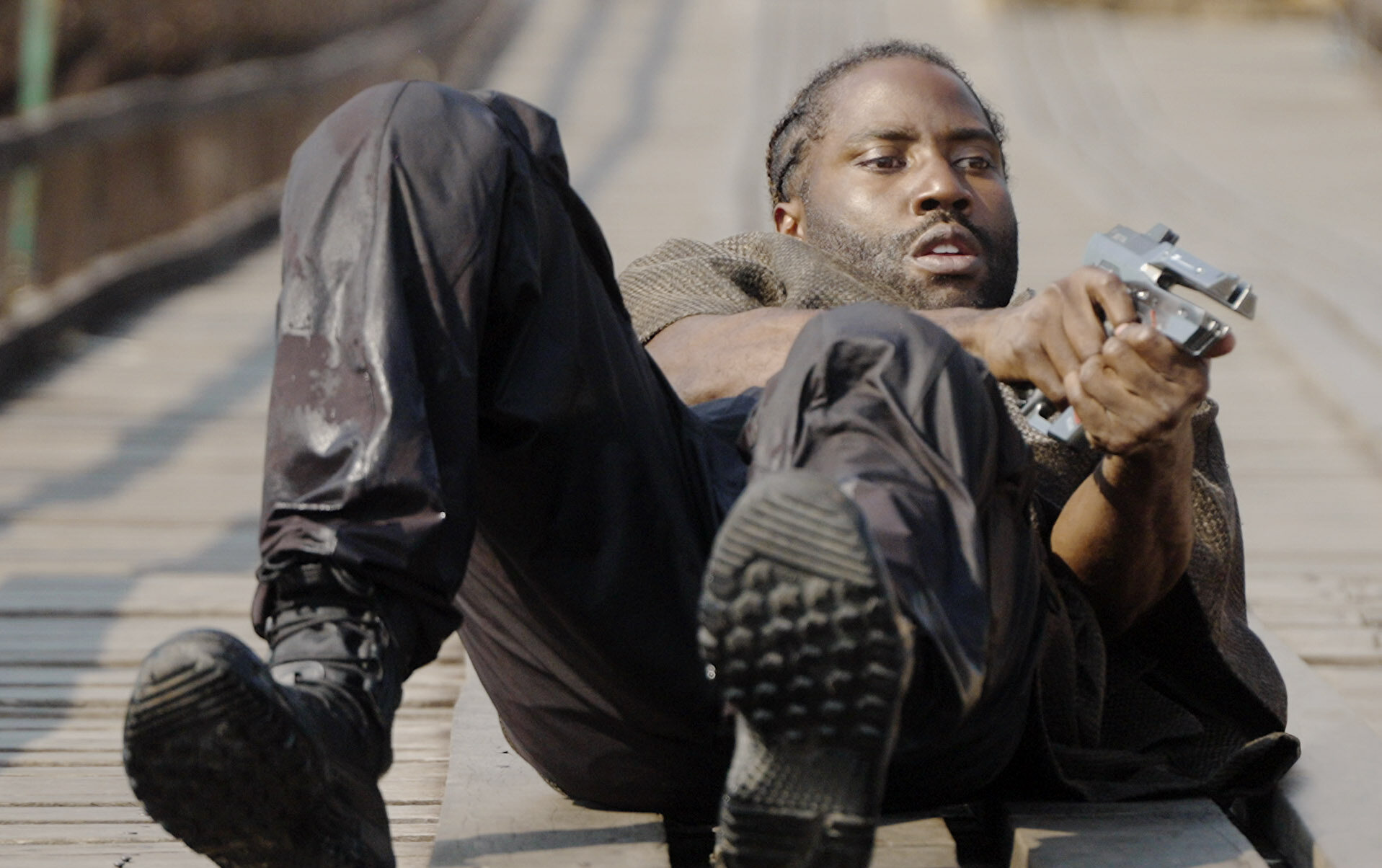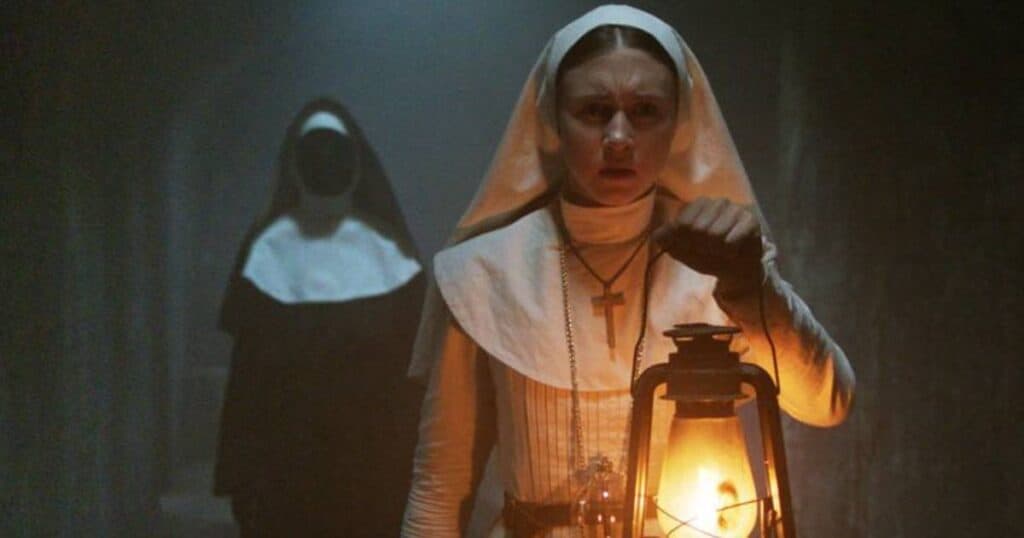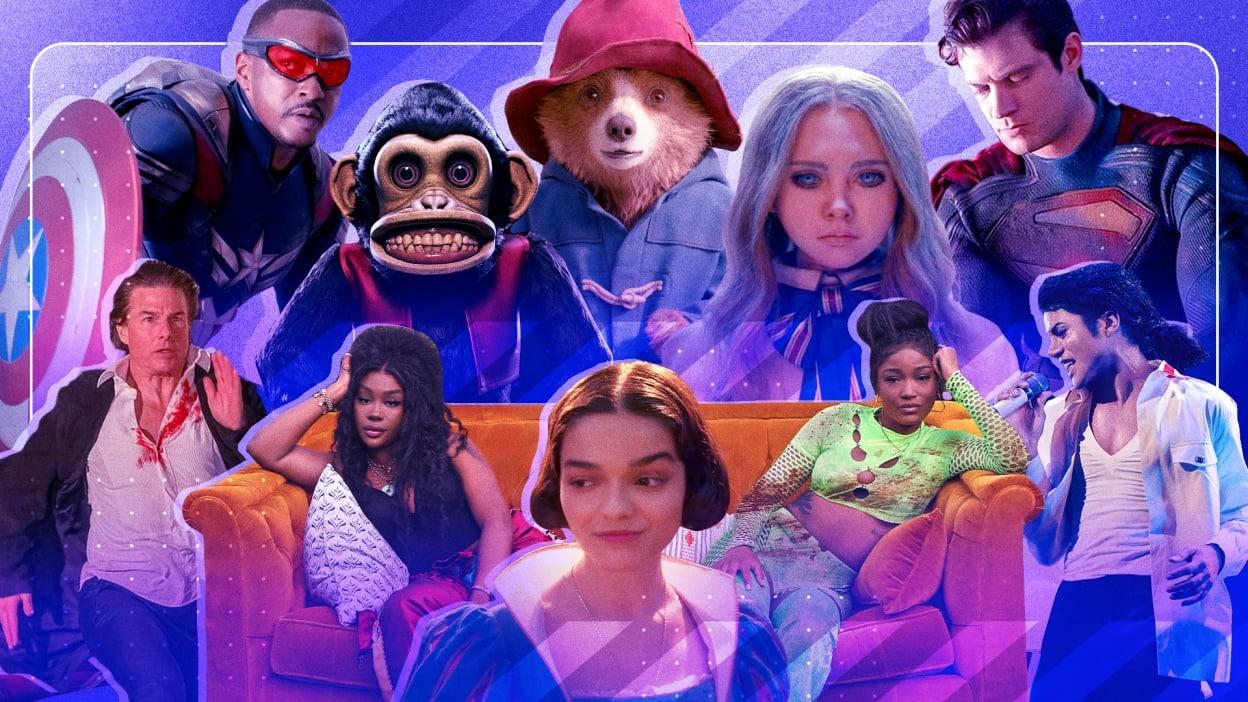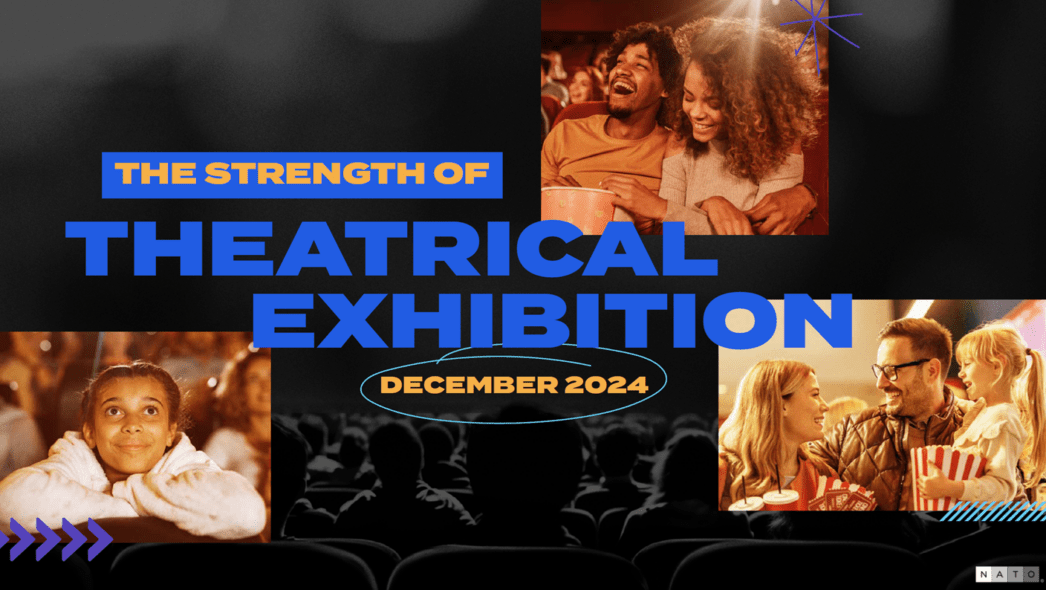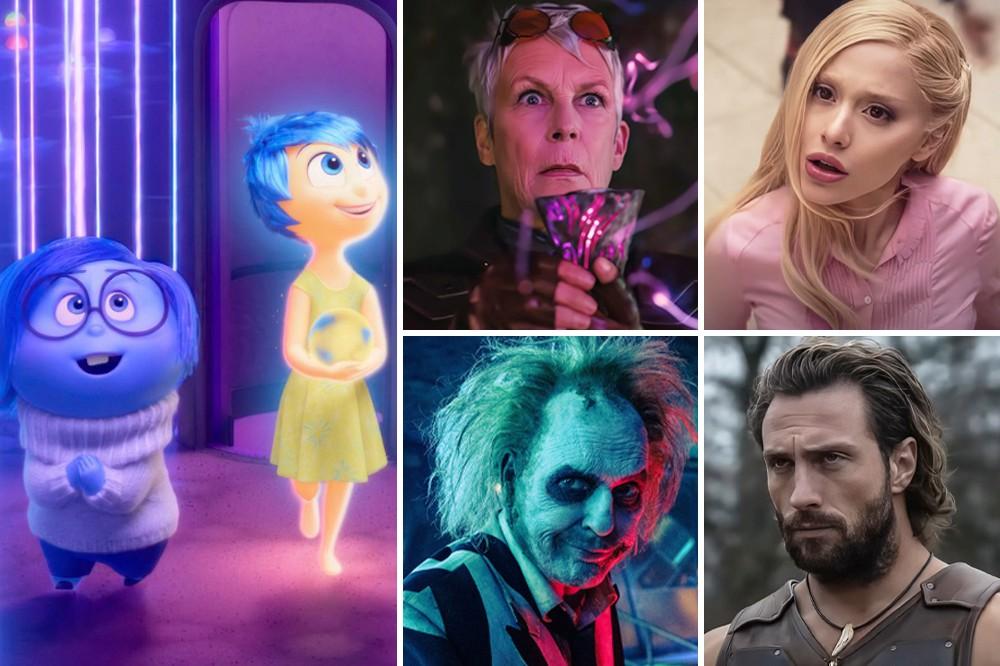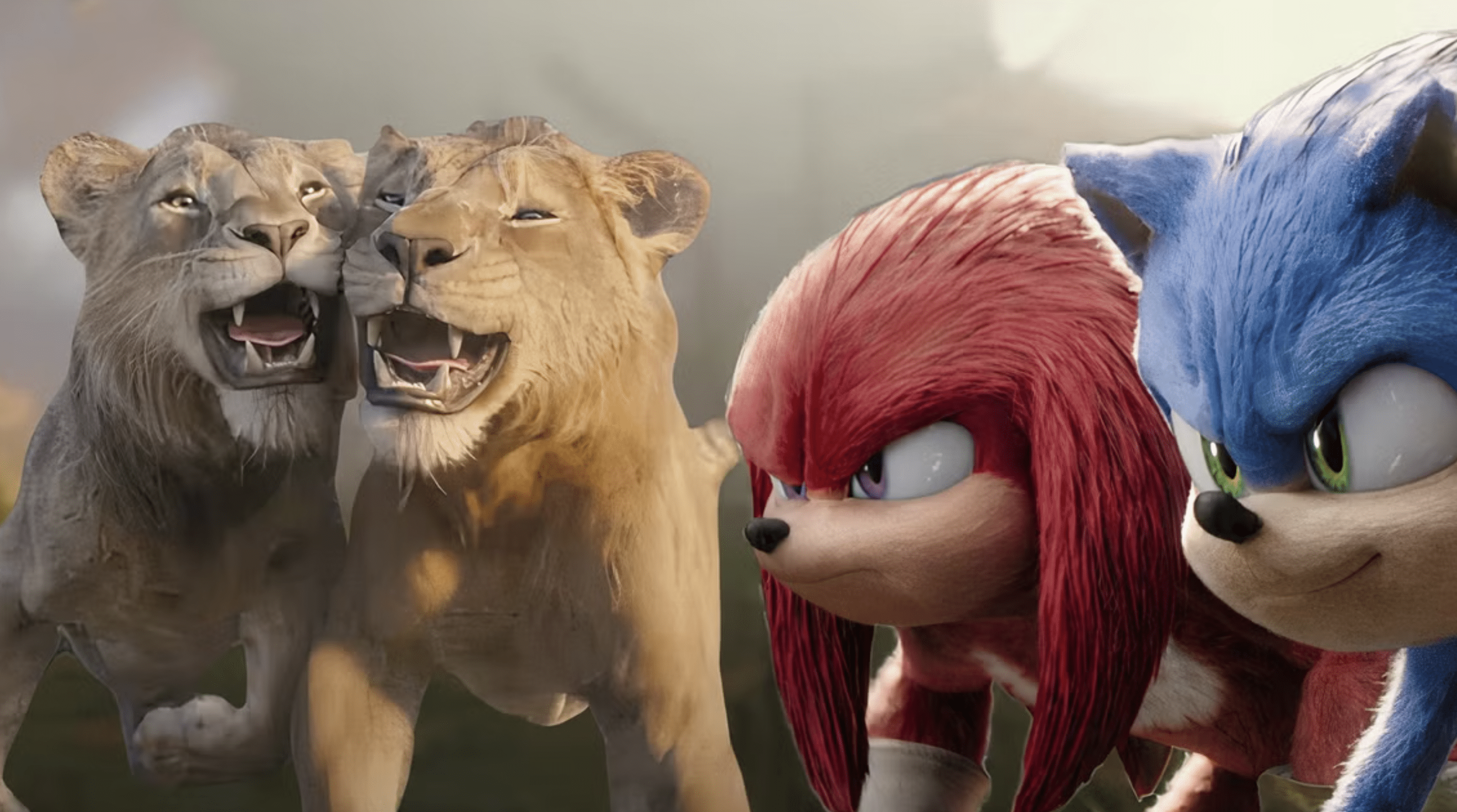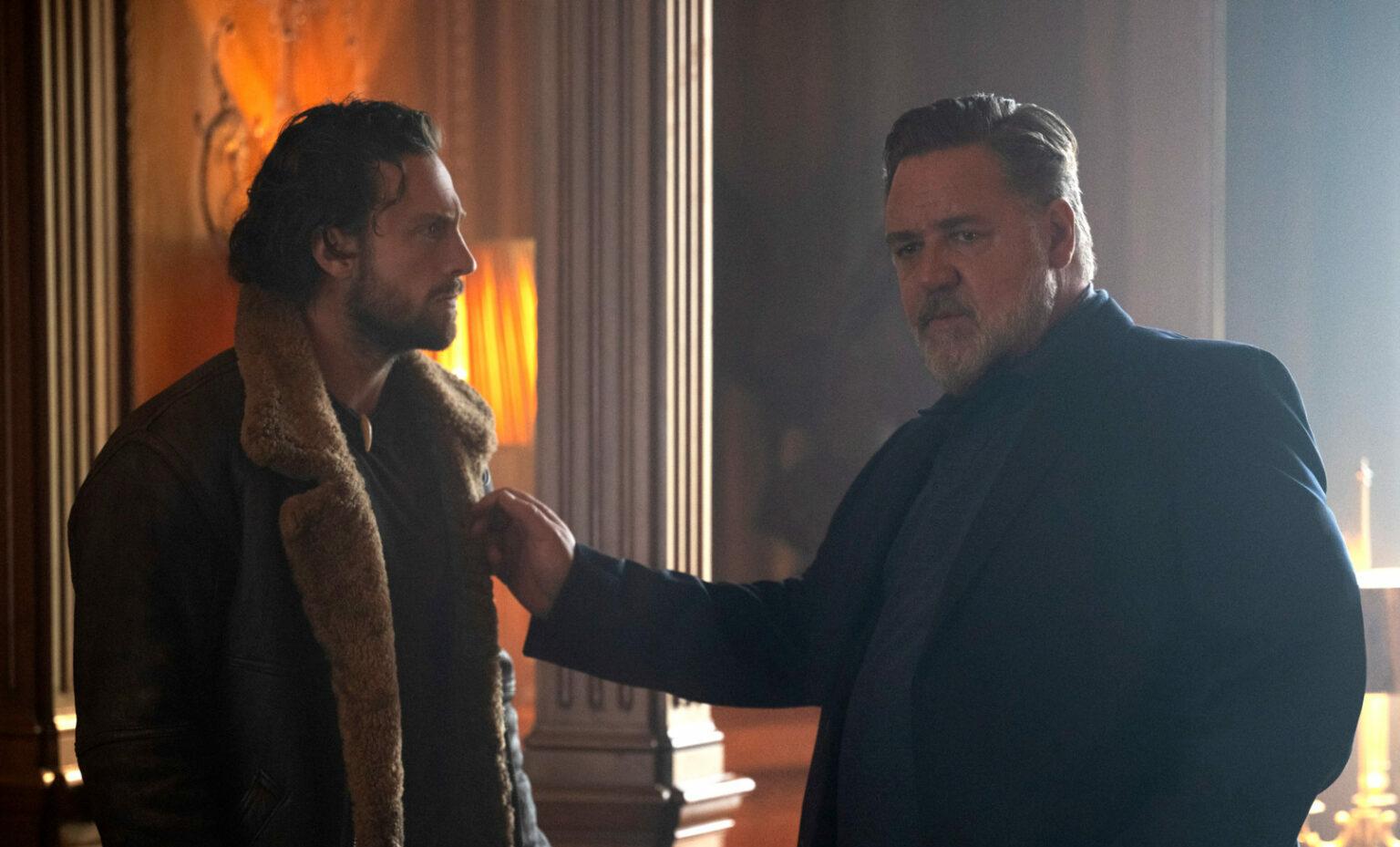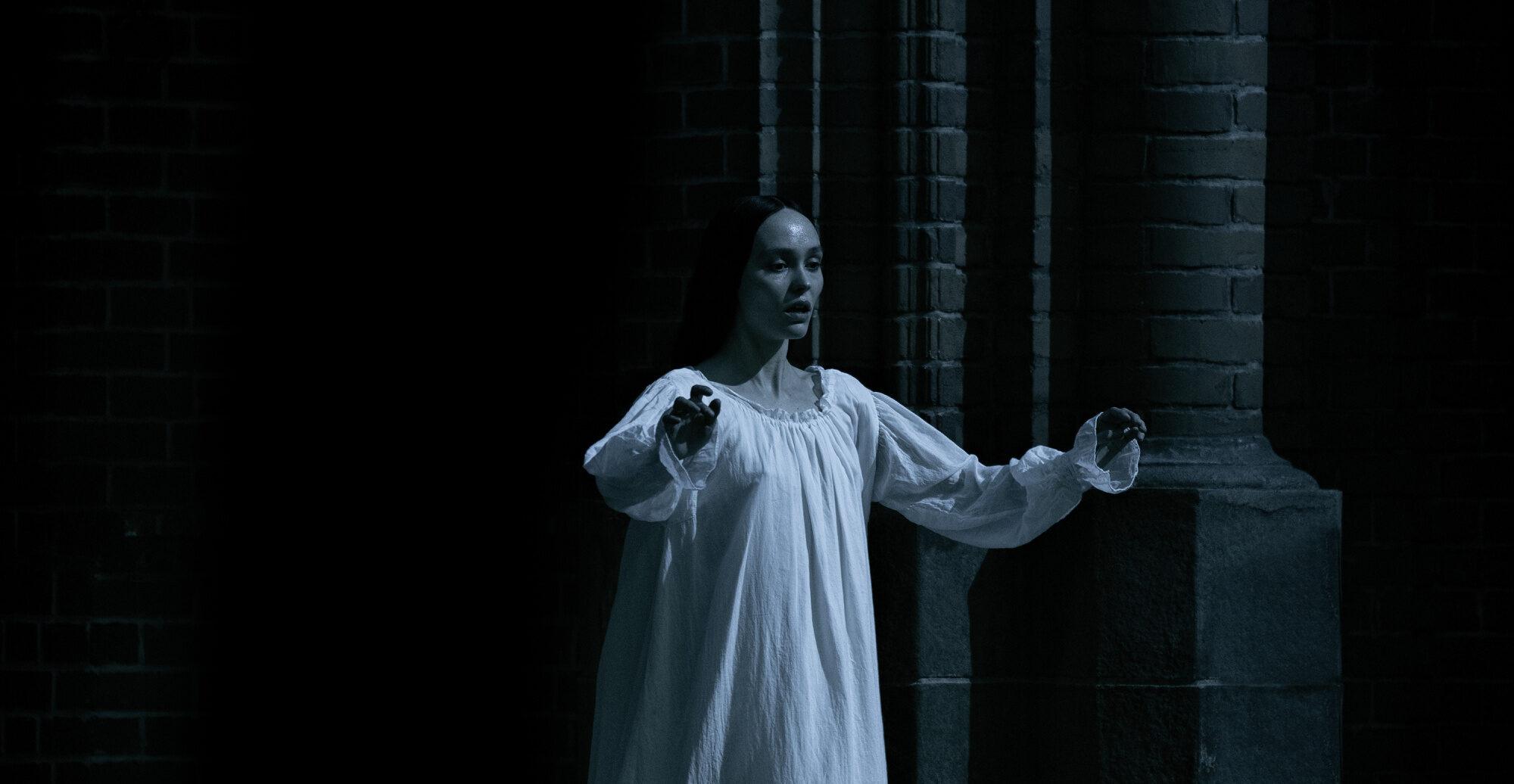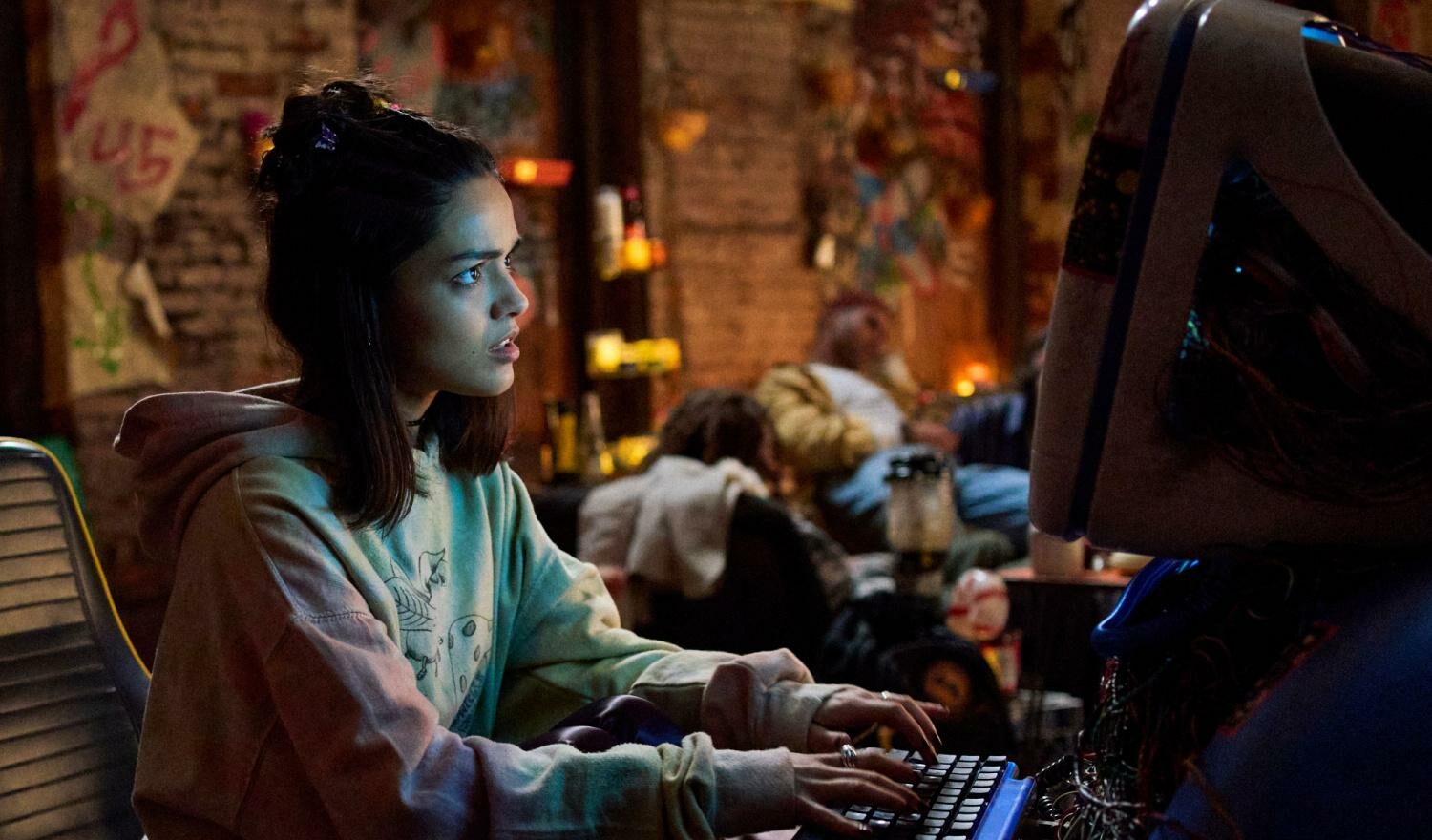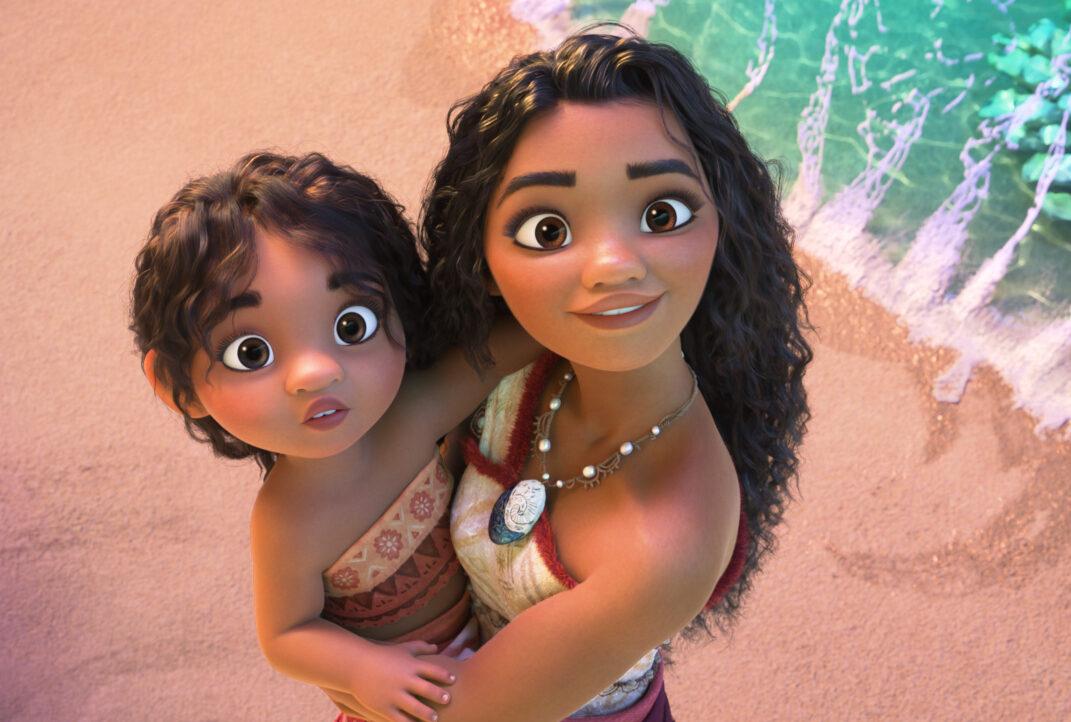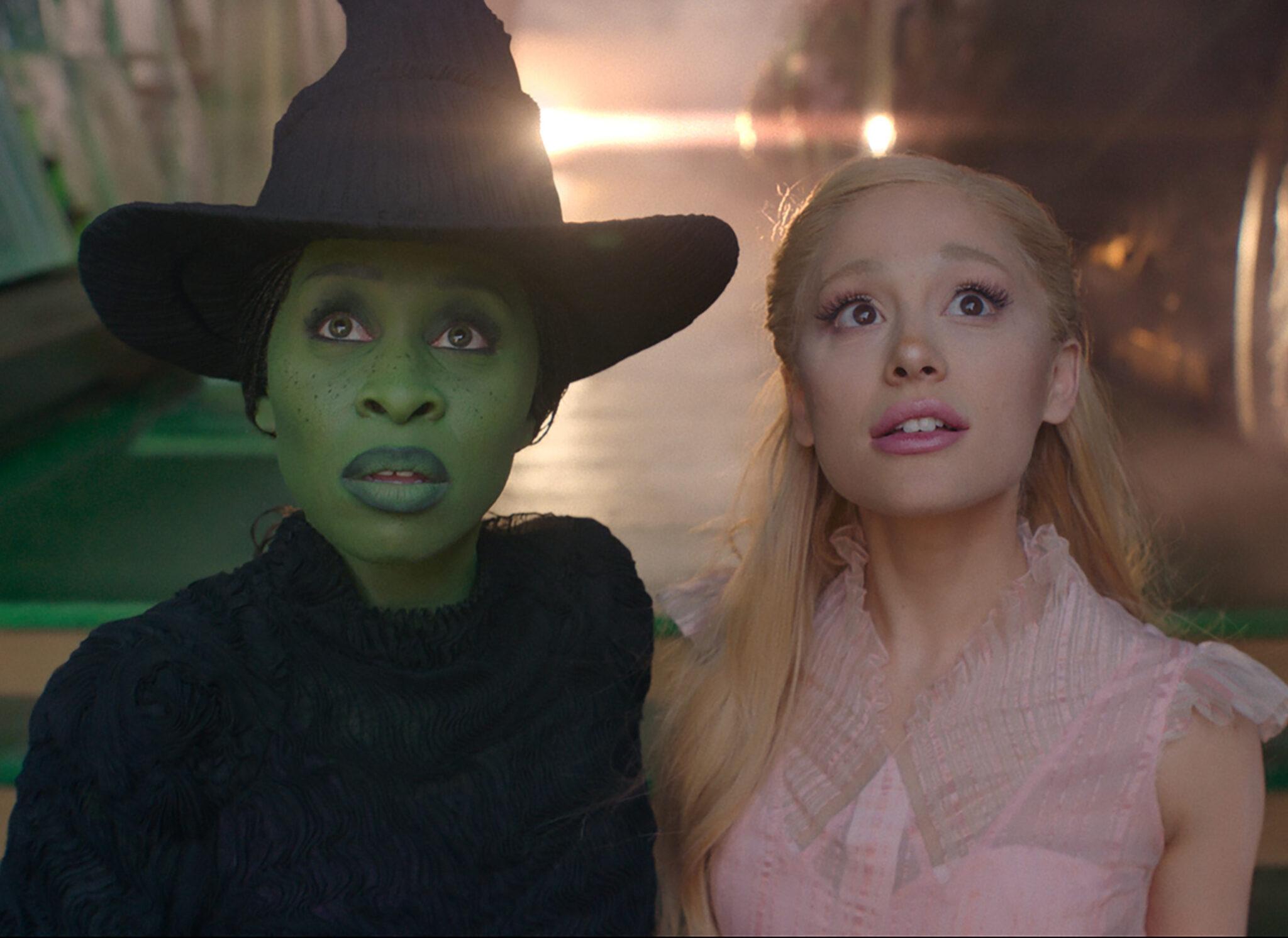VERDICT: While lovely to look at, Gareth Edwards’ latest doesn’t make the case for why we should stop worrying and learn to love AI.
When nations go to war, one side of the conflict tends to strip the other side of their basic humanity, all in the service of making it easier to slaughter enemy combatants. (In 1943’s Destination Tokyo, submarine commander Cary Grant gives a speech about how the Japanese — and he doesn’t use the word “Japanese” — “don’t love their women the way we do.”) But what happens when your enemy isn’t human at all?
That’s the idea that director and co-writer (with Chris Weitz) Gareth Edwards seeks to explore in The Creator, a future dystopia in which super-advanced robots have become humanity’s helpers, at least until a nuke is detonated in Los Angeles.
At that point, the United States seeks to wipe out the human-appearing synthetic beings, while “New Asia” embraces these creations and gives them shelter. Caught in the middle is soldier Joshua (John David Washington), who goes undercover to find the robots’ elusive creator but winds up falling in love with Maya (Gemma Chan), who’s sympathetic to the cause and maybe the reclusive creator’s daughter.
When a sudden US raid apparently kills Maya, pregnant with their child, an embittered Joshua retreats from life for years, until Colonel Howell (Allison Janney) shows him proof that Maya is still alive and can lead him to the creator’s ultimate weapon, one with the power to end the war in the robots’ favor.
When Joshua and his squad find the hidden robot base, that weapon turns out to be a young girl whom Joshua dubs Alfie (Madeleine Yuna Voyles). Alfie is unique in several ways — all the other robots resemble adults, whereas she is a child who will age, mature, and grow; she can also manipulate machinery, allowing her to nullify any motorized armed attack. And since she appears to know where Maya is, Joshua defies orders and becomes her protector.
The robots themselves are fascinating creations: they’ve got human faces, but in profile, you can see the machinery. (They all have a hollow cylinder in their heads, which requires the VFX team to make the robots see-through in profile.) But for all the visual detail of the robots — and the terrifying majesty of the USS Nomad, a floating military base that can rain down death from the stratosphere — the emotional beats in The Creator just don’t resonate, and not just because this is a singularly terrible time to make a film where AI creations are the heroes.
The film’s anti-imperialist leanings couldn’t be clearer; viewers of films about the Vietnam War will recognize the iconography of a sequence in which an American soldier (Sturgill Simpson) threatens to kill a New Asian toddler’s adorable puppy if she doesn’t reveal the location of the hidden robot base.
But if the script wants viewers to perceive the robots as well-meaning, innocent victims — metaphorically or otherwise — it doesn’t stick that landing. To believe robot Harun (Ken Watanabe) when he insists that the androids would never harm humans means we must automatically discount Colonel Howell’s tearful story about her son being tortured and murdered by robots.
One of them is telling the truth, but The Creator never firmly answers which one is lying. Because of this both-sides-ism, the climactic moments that are clearly intended to be emotionally impactful miss the mark, no matter how hard Hans Zimmer’s score tries to sell them.
Washington’s vague performance here doesn’t help; as with Tenet, another ambitious sci-fi adventure, he exists mainly to give and receive exposition when he should be portraying the heartbreak of a man stripped of his one love and given another chance to find her. If The Creator works at all, it’s because of Voyles, whose wide-eyed naturalness engenders empathy for Alfie; again, though, it wouldn’t be surprising if the movie unpacked a Rod Serling ending, where humanity happily becomes enslaved to robots because they look like adorable children.
On a pure craft level, The Creator delivers a sweeping, big-screen science-fiction experience. What dazzles the eye, unfortunately, fails to connect with either the head or the heart.

